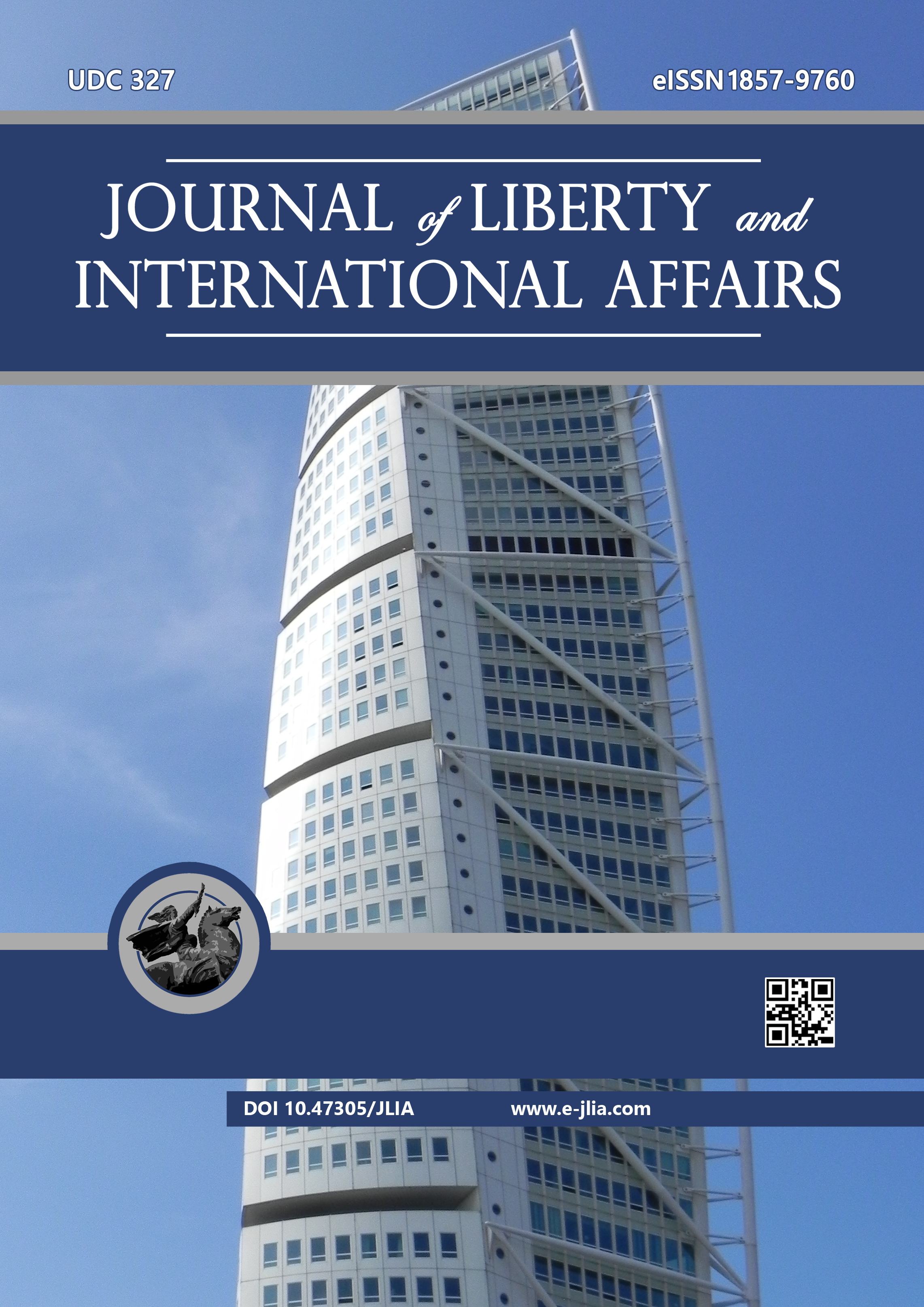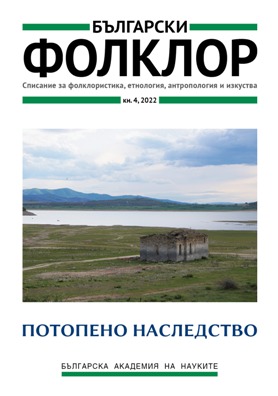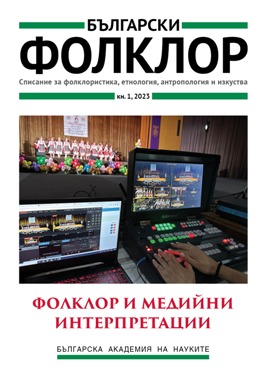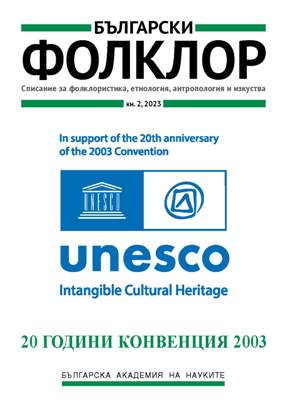
SWITCHING FROM CASH TO CASHLESS PAYMENTS: CONSUMER BEHAVIOR EVIDENCE FROM KOSOVO
This paper investigates the readiness of customers to shift toward cashless payment by identifying the main factors that impact that shift. The sample consisted of randomly selected individuals identified as potential users of cashless payment and are considered more likely to continue using the new technology. Five hundred eighty-six questionaries were returned and considered complete for the research. The outcomes were assessed employing CFA for validity and determined using Cronbach’s alpha for the reliability of the research, which was stratified by seven regions throughout the country was applied, by covering all levels of the society. The findings show that the perceived risk is connected to the level of correct and believable information offered to customers. It has been confirmed that the respondents trust cashless payment technology, and at the same time, self-efficacy had a lower impact on usage continuance intention. Consequently, the growth of self-efficacy would strengthen the intention to use cashless technologies. Several segments in the financial market may benefit from the results and develop more appropriate and reliable systems and the proper approach toward customers with needed information and insurance related to the security and benefits they may have by adopting the cashless technology.
More...





